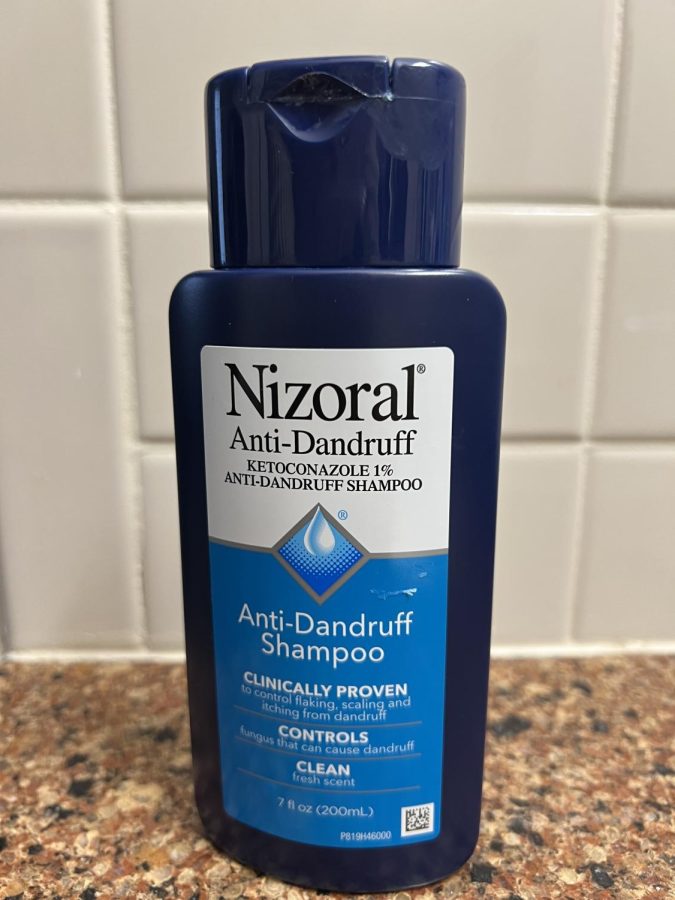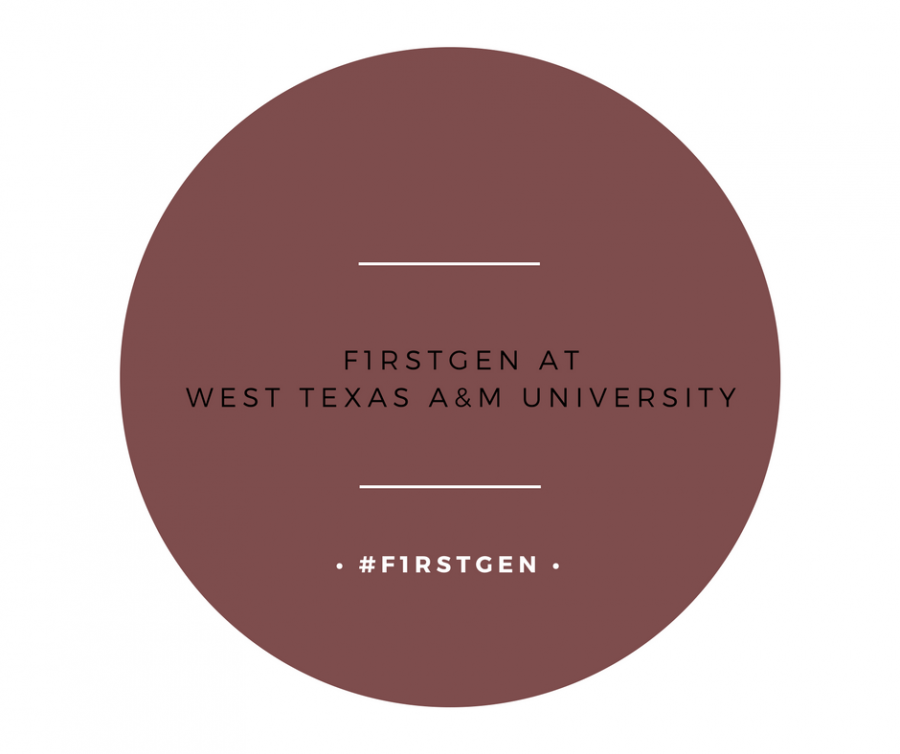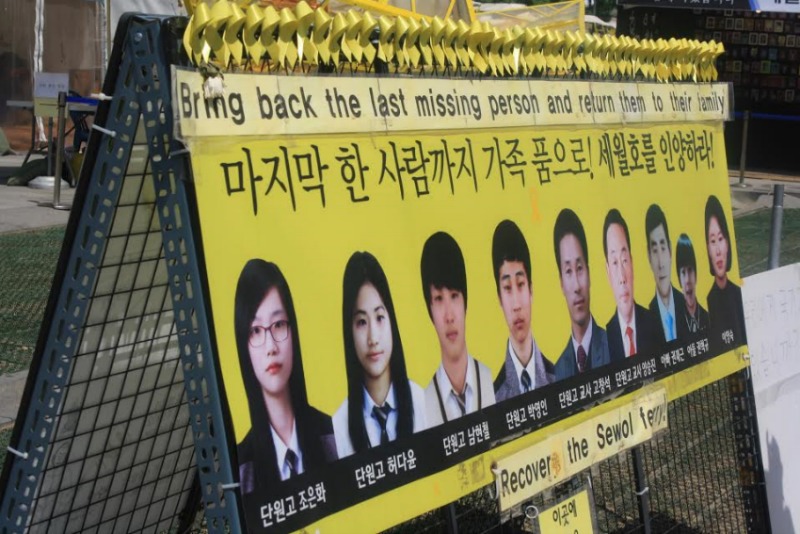
I have to confess; I’m friends with many, many student athletes on this campus. Through my work in public address, radio broadcasts and writing for The Prairie, I have come to know many of them. I have attended their practices, games, meets and other events to cheer them on or to cover them in some way. I have seen first hand their hard work, dedication and perseverance to the sports that he/she play day in and day out.
This past off-season (see some of my previous rants), Texas A&M starting quarterback Johnny Manziel (or as some people know him, Johnny Football. I prefer Johnny Idiot) was embroiled in an autograph scandal in which he allegedly signed autographs in exchange for up to $10,000. This is an obvious violation of NCAA rules regarding player benefits. The actions, and the popularity of Manziel, has touched a debate that always seems to come around every football season in this country about student athletes receiving compensation for their services.
I will fall on the side of not paying athletes for their work on the field. But, I will not argue in this column that it ruins the competition through paying players nor will I try to side with the amateurism shield the NCAA puts up to counter these attacks.
The first argument is based on what the money will be spent on. I say that, this money isn’t for food or pencils, it’s for the athletes to spend how they see fit. Think about it this way: if you were to pay young college football players, he’d probably spend the money on the same things I would buy: Xboxes and gadgets. Saying that the money will only go to food is ridiculous. As the rule stands right now, Alabama or Arizona never lost a football game because their players were hungry.
Second, there is a reason that this debate comes up every year during football season. It’s because the argument seems to always begin and end with college football. To be fair, why wouldn’t it? It is the biggest moneymaker at most campuses across the country. But, as any student athlete will tell you, it’s not the only sport that is played. You could pay everybody on the football team $5,000, for example, as a bonus. What about the volleyball team? Men and women’s soccer team? Baseball? Softball? You can’t get away with paying one sport or paying one sport more money than the other without a lawsuit for long.
By compensating just one sport for their services is ridiculous and a huge slap in the face to the other athletes. Do football players work harder? Are they missing more class because of road games? Do they have any more drive or work ethic than any of the other student athletes? No. Thus, they shouldn’t be paid.
Third, the debates that pop up about paying student athletes always seem to skip over one fact: who is going to be paying these athletes? Where is the money coming from? It is true that the NCAA does have a $10.8 billion TV contract with Turner Broadcasting for the NCAA Men’s Basketball Championship. That does make up a huge chunk of their revenues. But, the NCAA is a non-profit organization. Thus, after their expenses, they distribute the rest of their revenue, roughly 60 percent every year, to their member institutions. Here’s the fine print, though, the institutions that get any money are Division I institutions and those that are in championships at any level. Little West Texas A&M doesn’t receive any of the revenue from the NCAA.
So, where does that leave us? That leaves us without a way to pay student athletes. In fact, WTAMU isn’t the only athletic department that can’t afford to pay their athletes. Most departments in the country are running in the red. In 2012, there were only 23 programs in the entire country that even made any money. Just 23. So where will the money come from? Well, that’s the million-dollar question.
I’m not opposed to paying athletes. There are students on this campus and others that may put more work into their schooling and extracurricular activities and many don’t get paid either. That’s just the way it works. I’d like to get paid to broadcast games, but it doesn’t happen.
I’m not opposed to the athletes either. In fact, because I know so many athletes, it makes it tough for me to argue against paying them. But, I’m not opposed to it because of its merit or the idea; I’m opposed to it because, from what I know about the system, I can’t see that it will work.








